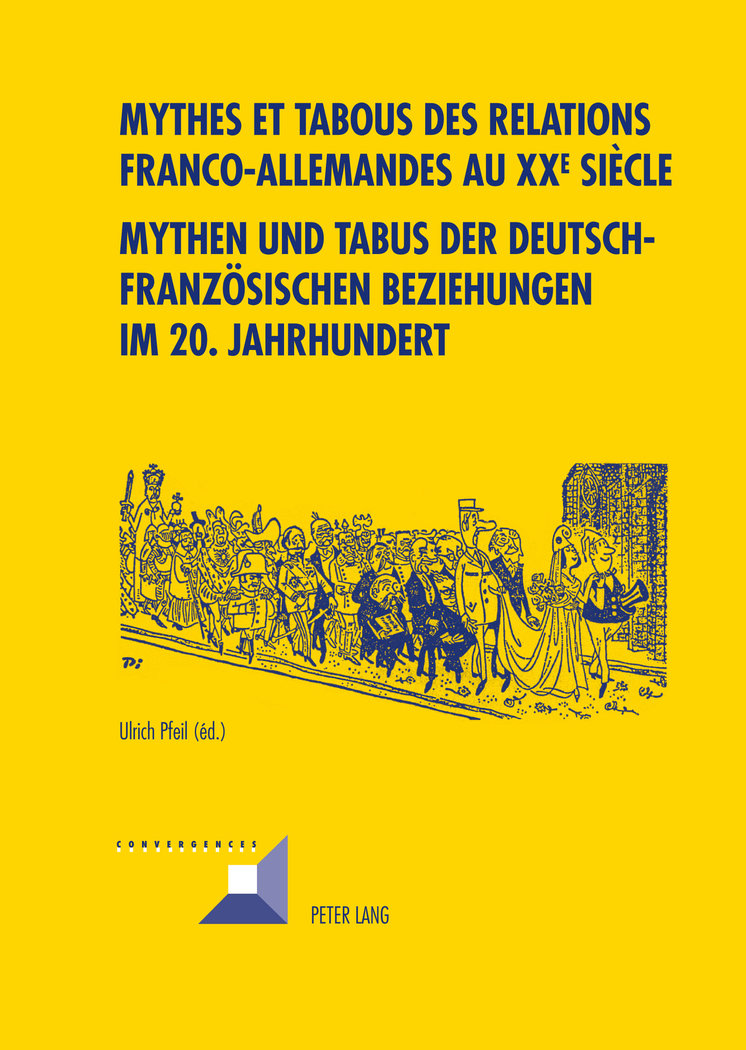Depuis la fin du XVIIIe siècle, la France et l'Allemagne se sont retrouvées face à face, opposées l'une à l'autre selon un schéma qui s'est constamment nourri de symboles et de récits de nature antagoniste. Dans la mesure où les mythes décrivent « ce qui n'a jamais existé et ce qui se perpétue », ils constituent un matériau servant à forger sa propre identité en se démarquant de celle du voisin. Par la suite, les relations franco-allemandes furent toujours et encore marquées par des conflits et des guerres, de telle sorte que l'image de l'autre comme « ennemi héréditaire » s'est solidement ancrée dans la perception mutuelle, de part et d'autre du Rhin, jusqu'au milieu du XXe siècle. Mais si les mythes politiques, en tant qu'armes mentales, peuvent être des forces motrices des conflits, ils peuvent aussi contribuer - à l'exemple des relations franco-allemandes après 1945 - à transformer les anciens « ennemis » en « amis » héréditaires. Cet ouvrage analyse les perceptions, la construction des stéréotypes, les mises en scène politiques, mais aussi les tabous et parfois les retours du refoulé.
Seit dem Ende des 18. Jahrhunderts standen sich Deutschland und Frankreich feindlich gegenüber. Ihr Antagonismus wurde von einem Schema bestimmt, das sich beständig durch gegensätzliche Symbole und Narrative nährte. Indem Mythen beschreiben, «was niemals existiert hat und was weiter fortlebt», bilden sie ein identitätsstiftendes Material, mit dem sich beide vom Nachbarn abgrenzten. In der Folge blieben die deutsch-französischen Beziehungen von Konflikten und Kriegen bestimmt, so dass das Bild vom «Erbfeind» bis zur Mitte des 20. Jahrhunderts tief in der wechselseitigen Perzeption auf beiden Seiten des Rheins verankert blieb. Aber wenn politische Mythen als mentale Waffen Katalysatoren für Konflikte sein können, so können sie auch dazu beitragen - wie die deutsch-französischen Beziehungen nach 1945 zeigen -, aus ehemaligen Feinden «Erbfreunde» werden zu lassen. Dieser Band untersucht Perzeptionen, Konstruktionen von Stereotypen, politischen Inszenierungen, aber auch Tabus und bisweilen die Rückkehr von bereits überwunden geglaubten Repräsentationen.


